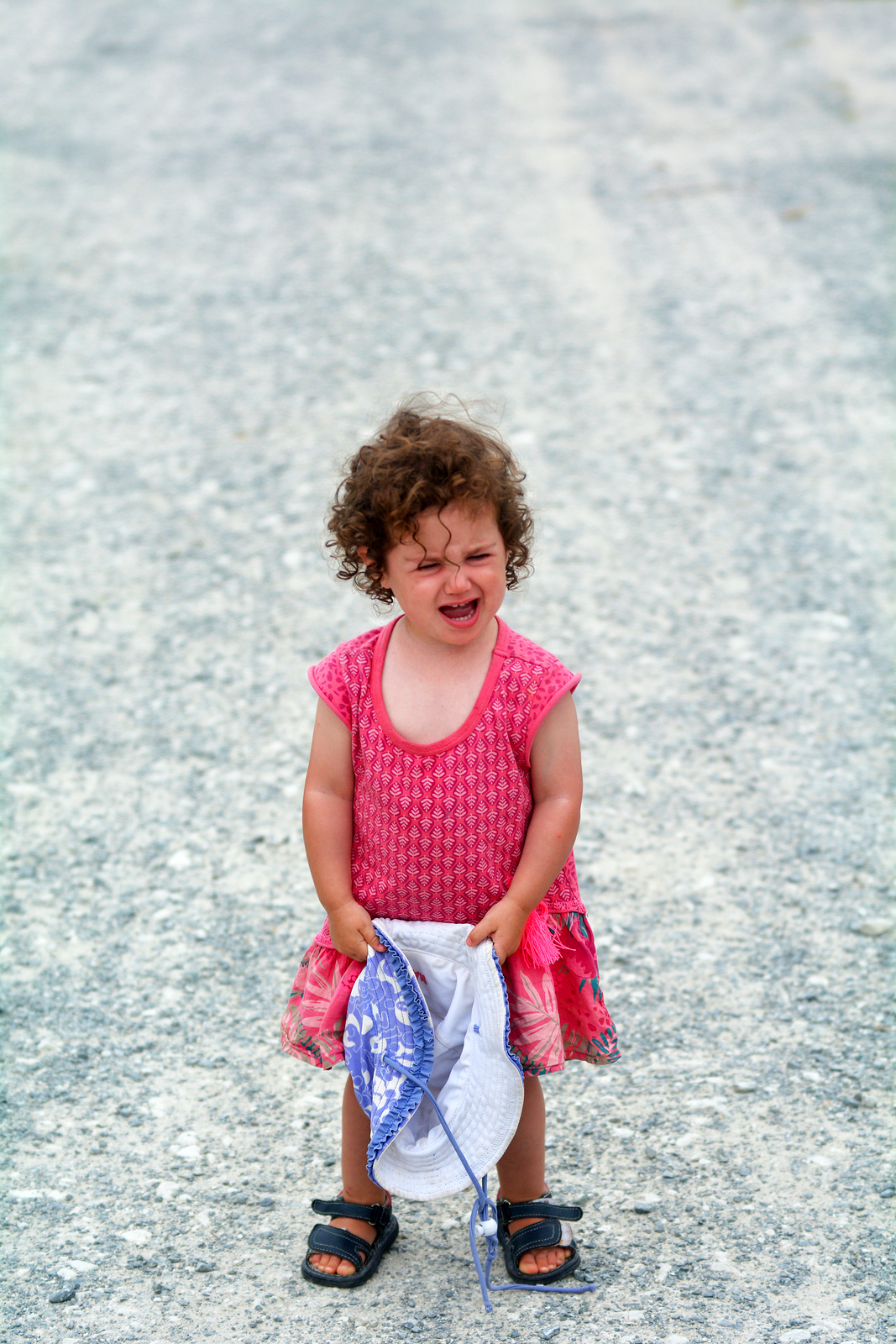 True or false: babies and toddlers can suffer from mental health illnesses.
True or false: babies and toddlers can suffer from mental health illnesses.
If you answered false, you are not alone. But you are incorrect.
In fact, at the turn of this new century, parents, professionals and medical specialists had not yet fully investigated the concept, nor faced the reality, that infants and toddlers (those from birth to age 5 or 6) could indeed experience psychological disorders.
And given the recent concentration on improving support for teens and youth facing psychological issues, it may be hard to believe that the study of these same challenges in babies and toddlers is still in its infancy—less than a couple of decades old.
Nevertheless, the need exists for mental health diagnoses and treatments for infants and young children. Yet for parents who suspect their child may have a mental health challenge, the path toward help is anything but smooth.
In 2011, the American Psychological Association (APA) published an analysis by researchers Joy D. Osofsky, PhD, and Alicia F. Lieberman, PhD, of the existing conditions for infant and toddler mental health care. According to the APA’s summary of their work, “the articles explore how infants develop mental health problems, recommend improvements in diagnostic criteria, and outline public policy opportunities for psychologists and policy makers”.
In their report, Osofsky and Lieberman identify the biggest hurdle in mental health care for such young patients as “the pervasive, but mistaken, impression that young children do not develop mental health problems and . . . ‘grow out of’ behavioral problems and emotional difficulties”.
On the contrary, write the analysts, young children can suffer serious psychological disorders, but they are still “unlikely to receive treatment that could prevent lasting developmental problems”.
According to a 2011 APA article by Florence Nelson and Tammy Mann, “mental health intervention” has long been identified by treatments that attempt to lower the impacts of someone’s psychological challenges on their daily life. More recently, however, mental health specialists recognize “that infants and toddlers can suffer from significant mental health disorders and that these difficulties can have a lasting impact on their development”.
Historically, the opportunity for infants and young children to receive early intervention “before serious problems are entrenched” has been stymied by two unfortunate reactions, write Nelson and Mann. Firstly, mental health professionals and pediatricians have long practiced the “wait and see attitude toward behaviors and symptoms of concern in very young children”. Secondly parents may not know how to recognize or interpret “warning signs” in their child’s behavior or they may choose to ignore their own instincts, and not obtain testing and diagnosis “because of the stigma associated with acknowledging that their child has a mental health problem”.
In British Columbia, Canada, Sue Potma’s son is older than the baby to young child/toddler age range considered for very early intervention discussions, but she and nine-year-old Josh openly admit he is struggling with mental illness. In BC’s Vancouver Sun newspaper, last week, reporter Lori Culbert explained Josh’s complicated diagnoses. His challenges include “severe attention deficit hyperactivity disorder (ADHD), Tourette syndrome, generalized anxiety disorder, and bipolar disorder (mood swings from extremely low to extremely high)”.
Josh’s difficult, multiple mental health issues have resulted in school suspensions, problems with other children and classmates, and his removal from sports teams and camps. Sue Potma is calling for child and teen mental illnesses to be taken more seriously, explaining that the services he currently receives “allow Josh to survive, but not thrive”.
BC Children’s Representative Bernard Richard recently released a report called Missing Pieces, addressing the need to improve support for children with mental illnesses. In Culbert’s newspaper article, she quotes Richard's appeal: “This is a growing issue. More and more kids suffer from mental illness earlier,” he said. “The system needs an overhaul. It’s time to get on with it.”
Details in Nelson’s and Mann’s APA-published article underscore Richard’s recognition of the limitation of mental health support for such young children, explaining that “the infant years” are not considered a priority. “The field of early childhood mental health has a limited number of training programs and qualified practitioners,” they write, “making it difficult for parents and child-serving programs to access experienced professionals when they believe such help is needed.”
When a program or professional is eventually available or located, prohibitive treatment costs in conjunction with limited insurance coverage make accessibility difficult.
Almost 20 years after the move to recognize mental health issues in infants and young children (under age 5/6), Canada and the U.S. are slowly seeing some positive changes. Nelson and Mann report on Head Start/Early Head Start, a program first established in the U.S. in 1965. They describe its current mandate as a “broad-based federally funded effort that requires early childhood programs to engage the services of mental health professionals”.
In Culbert’s Vancouver Sun article, she notes that after BC’s summer 2017 provincial elections, “it created a new ministry for mental health and addictions . . . to respond to . . . calls for government to create a comprehensive system of mental health services for youth over the next year, and to implement it the following year”.
References
American Psychological Association. (February 22, 2011). Babies and Toddlers Can Suffer Mental Illness, Seldom Get Treatment. http://www.apa.org/news/press/releases/2011/02/babies-mental-illness.aspx
Culbert, L., (December 1, 2017). Vancouver Sun. Not enough services for mentally ill kids, says family of struggling boy. http://vancouversun.com/health/local-health/family-of-mentally-ill-9-year-old-boy-say-they-need-more-support-to-try-to-keep-son-healthy-calm
Denney, M. (Retrieved December 1, 2017). Everydayfamily.com. Mental Illness in Toddlers and Early Childhood. https://www.everydayfamily.com/mental-illness-in-toddlers-and-early-childhood/
Nelson, F., & Mann, T., American Psychologist. Opportunities in Public Policy to Support Infant and Early Childhood Mental Health (Feb.-Mar., 2011). http://www.apa.org/pubs/journals/releases/amp-66-2-129.pdf
Von Klitzing, K., (May 25, 2015). U.S. National Library of Medicine National Institutes of Health. Mental Disorders in Early Childhood. https://www.ncbi.nlm.nih.gov/pmc/articles/PMC4496484/
Zero to Three. (Retrieved December 1, 2017). Our Mission and Vision. https://www.zerotothree.org/about/our-mission-and-vision